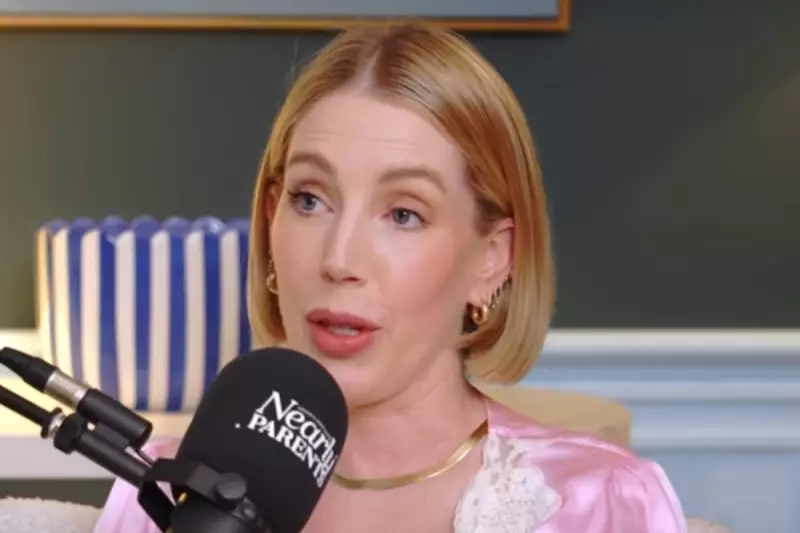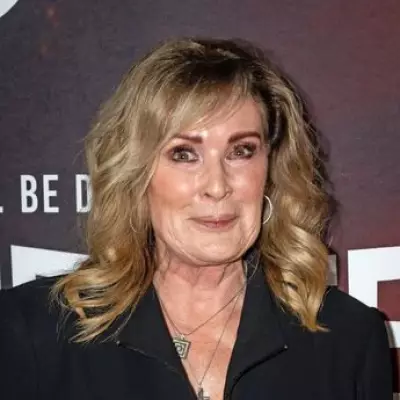
In a move that is turning heads and sparking conversations amongst new parents, Canadian-born comedian and UK television staple Katherine Ryan has made a deeply personal health decision public. The star chose to privately bank the stem cells from her placenta following the birth of her son, a practice that remains on the frontiers of family healthcare.
Speaking with refreshing candour, Ryan didn't just follow standard postnatal procedure. Instead, she took a proactive step, preserving what many consider medical waste but what science champions as a potential biological insurance policy. This wasn't a decision made lightly; it reflects a growing trend among parents looking towards future medical advancements.
Beyond the Umbilical Cord: A Mother's Choice
While public NHS cord blood banking is available for families with a specific medical need, Ryan's option—private placental tissue banking—is a self-funded choice. Her decision highlights a significant gap between standard public health offerings and the private, personalised options now available to those who can afford them.
The process involves collecting and cryogenically freezing the rich stem cells found in placental tissue. These cells are distinct from those found in umbilical cord blood and are being researched for their potential in regenerative medicine, offering hope for treating conditions that have no cure today.
Sparking a National Conversation
By sharing her experience, Katherine Ryan has done more than just talk about her family's health; she has inadvertently become a spokesperson for medical autonomy. Her story raises crucial questions about accessibility, the cost of private healthcare options, and the information available to all expectant parents across the UK.
Her choice is a powerful example of how individuals are increasingly taking their family's health into their own hands, looking beyond conventional medicine to the possibilities of tomorrow. It underscores a modern parenting ethos: preparing for the unknown and making informed, if unconventional, choices for your children's future well-being.





